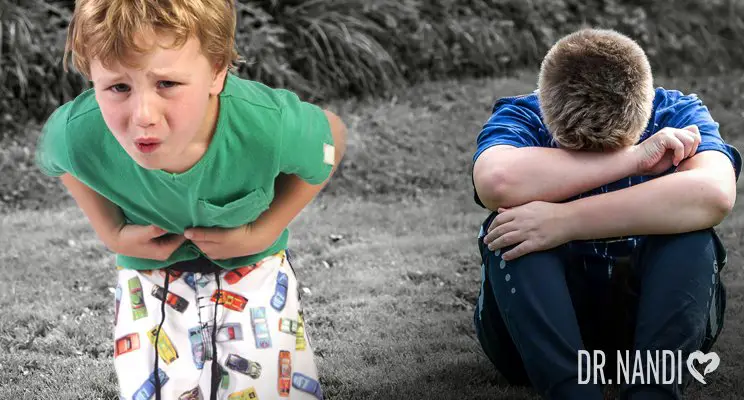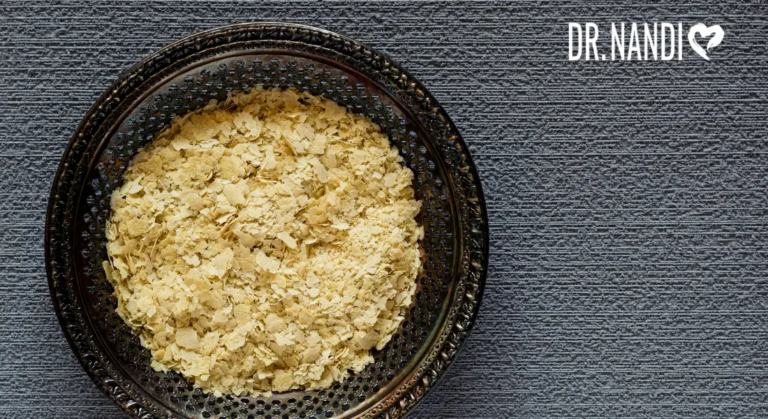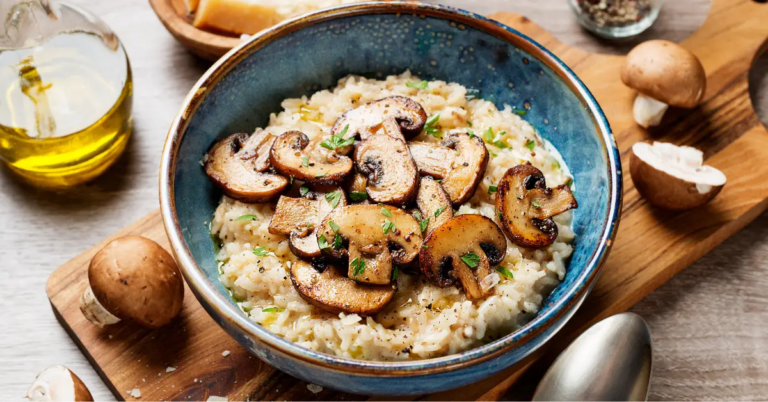Research has discovered a link between your gut bacteria as a child and either increased or decreased risk for mental health issues as an adult.
I practice gastroenterology every day, and I’m passionate about gut health! I focus a large percentage of my time on helping patients heal from gut-related disorders like Inflammatory Bowel Disease, Leaky Gut Syndrome, and Celiac Disease. Even with patients who are not complaining of gut health problems, I still inquire about their digestive health and work to create a plan to optimize it.
Your digestive system, your gut, is the core of your body and well-being. Good health ensues when your gut functions optimally and your microbiome is thriving. When your gut is in poor condition and your microbiome is weak, your health will decline. It is amazing how the state of your gut affects every other area of your body, including:
- Skin health
- Energy levels
- Weight
- Cognitive function
- Immune system strength
- Mental health
The research connecting mental health to gut health is piling up. Doctors and psychologists worldwide understand how vital a thriving microbiome is too robust mental health. The health of the body and the mind are not separate anymore but intimately connected. Physical and psychological healing are intertwined in treatment.
Adult Brain Function Depends On Childhood Gut Health
Recent research has discovered that one’s mental health as an adult is greatly affected by how healthy their microbiome was as a child. During critical developmental phases in a child’s life, beneficial gut microbes help support proper nervous system development and function and the production of happiness-inducing hormones such as serotonin. If the gut microbes aren’t present or are in poor shape, this critical development is delayed or happens sub-optimally, resulting in poor mental health as an adult. (1)
Neuroscientist Professor John F. Cryan said of the study’s findings,
“As a neuroscientist, these findings are fascinating as they highlight the important role that gut bacteria play in the bidirectional communication between the gut and the brain, and opens up the intriguing opportunity of developing unique microbial-based strategies for treatment for brain disorders.”
Gut Health And Depression
Many studies have found a strong link between gut health and symptoms of depression. Most scientists now categorize depression as an “inflammatory disease,” meaning depression is a symptom of chronic inflammation in the body. The most vulnerable system to inflammation in the digestive tract because there is only a one-cell layer between what you eat and your bloodstream. The standard American diet is inflammatory because it is full of so many processed foods that are unrecognizable to the body and trigger an inflammatory response. This inflammation has been linked to depression. The same foods also can hurt the microbiome, which plays a vital role in good mental health. (2,3)
Research has found that a healthy gut is vital to a healthy brain. It’s incredible the success my patients experience when they do things to heal their guts. They return more vibrant and mentally clear than ever. It takes time, but healing the gut is one of the most effective ways to heal the body. (4)
Partha’s Prescriptions
- Garden with your family. Allowing your children to go outdoors and get dirty is one of the best things you can do for their gut health. There are millions of microbes in the dirt that help to diversify the microbiome.
- Cook at home. Cook organic meals at home using foods from your garden. Fresh fruits, vegetables, herbs, nuts, and seeds support good gut health and boost immunity.
- Eat fermented foods. Teach your kids to like them, too, fermented vegetables, fermented dairy products, kefir, and kombucha. These are all things your kids can learn to enjoy and help support the gut.
- Encourage natural movement. Hide the TV, and open the windows and doors. Allow your kids to explore the outdoors and move as much as possible.
Good gut health can make a difference for your kids and you. Take the time to learn about the microbiome and how to create an environment where it will thrive. Your health will thank you.
References
- G Clarke, S Grenham, P Scully, P Fitzgerald, R D Moloney, F Shanahan, T G Dinan, and J F Cryan. The microbiome-gut-brain axis during early life regulates the hippocampal serotonergic system in a sex-dependent manner. Mol Psychiatry, June 12, 2012, DOI: 10.1038/mp.2012.77
- http://www.psyneuen-journal.com/article/S0306-4530(14)00115-2/abstract
- https://www.ncbi.nlm.nih.gov/pubmed/21037214
- http://www.nature.com/npp/journal/v42/n1/abs/npp2016103a.html











 Subscribe to Ask Dr. Nandi YouTube Channel
Subscribe to Ask Dr. Nandi YouTube Channel









